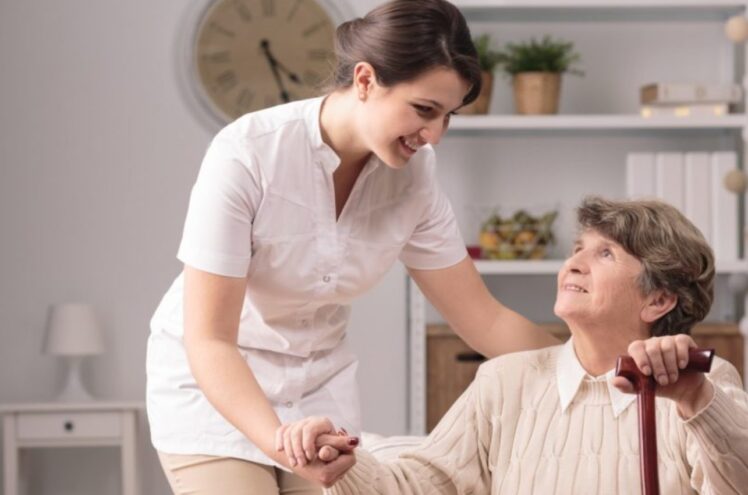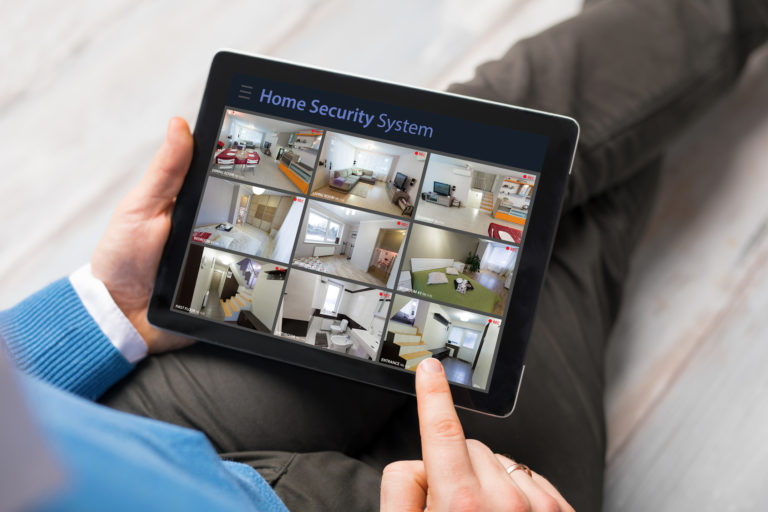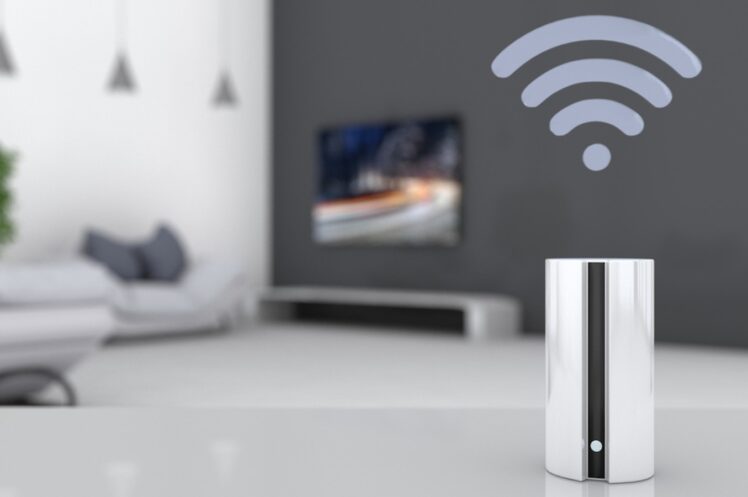Home › Health › Travel
Taking Care of Mom and Dad from A Distance
Published on:
With 11 percent of family caregivers living an hour or more from their parents, caring for loved ones has become more complex and expensive than ever.
Family caregivers living afar have to worry about staying informed, providing day to day care, managing care, making time and somehow being “present”, without being physically “present”.
Here are 9 steps you can take to help yourself become a better long-distance caregiver.

Contents
1. Get Professional Help
Knowing what resources are available to help your parents is half the battle. You may want to reach out to a local geriatric care manager who can assess your parents needs, reach out to local medical and caregiving resources to take care of those needs, and manage those resources on your behalf.
A geriatric care manager can also attend medical meetings, in case you can’t, ensuring there is an advocate for your parents at all times, as well as someone who can effectively communicate the results of any consults back to you.
2. Arrange for Professional Caregiving
In an ideal world, you would have the means and time to care of your parents yourself. Perhaps they could live with you, you could visit them daily, prepare their meals and care for their daily needs. However, for many, especially for those living at a distance, those options don’t exist.
If that’s the case, and your parents need help with activities of daily living, like bathing, meal prep, toileting or dressing, you’ll need to find a solution. You can either hire a private caregiver, or look into an institutional setting like an assisted living community. Either of those solutions, will help provide the level of care your parents need, no matter how far away you are.

3. Technology to Stay in Touch
Loss of spouses, friends and colleagues and being house bound with mobility issues often results in seniors living alone and isolated.
The good news is, technology is now making it easier than ever to stay in touch with your social circle. Whether through facetime, text, phone, Zoom, WhatsApp, Skype or GoogleDuo, the possibilities of staying in touch are endless. Consider calling your parents multiple times a day. Have them read bed time stories to the grand children. Say meal time prayers together. Let them watch your children’s sporting events on live video.
Another way to use technology to stay in touch is through games. Set your parents up so they can remain social with friends and family no matter their mobility or location. They can play mahjong, bridge, poker, scrabble, chess or backgammon with friends online.
4. Medical Alert Systems
More than one third of adults over the age of 65, fall each year. The odds of a fall get even higher with each passing decade. In fact, falls are the leading cause of death and injury from accidents among seniors.
Medical alert systems have come a long way since the days of, “I’ve fallen and I can’t get up.” They can now be worn in and out of the house with cellular technology. They come with GPS, so even if your loved is going for a walk in the park, they can be tracked and found. They also come with automatic fall detection and the pendants have gotten smaller than ever, attracting less attention and making them less embarrassing to wear.

5. Telemedicine
One of the most critical and difficult challenges in caring for a parent is managing their medical appointments. Scheduling and transporting your parents from doctor to doctor can be grueling.
If Covid-19 has done anything for healthcare, it’s forced us to learn how to communicate with our healthcare professionals from a distance. More than ever before, doctors are now available to consult, check for symptoms, prescribe and do follow-up appointments via phone or video, like Zoom.
Telemedicine is an absolute revolution for seniors. Especially those with mobility, transportation or remote living issues. Now what used to be a 2-3 hour ordeal for a 10 minute consult, can be done from the comfort of one’s own home. As we move additional technologies into the home, like blood pressure, heart rate and blood oxygen monitors, the effectiveness of remote medicine will become even greater.
6. Medication Reminders & Dispensers
Medication compliance and adherence are significant concerns for seniors. Even for those who remain sharp as a whip, some medication regimes can be very complex, let alone for those with cognitive impairment, vision challenges or dexterity issues.
Pharmacy pill backs can certainly help keep your parents organized. But making sure they take their pills on time can still remain a challenge. Consider getting help from pill boxes, medication reminders, phone apps to fully automated medication dispensers that alert caregivers if medications aren’t taken.

7. Security Cameras
While we mentioned the tremendous help professional caregivers can provide both you and your parent, having a stranger take care of your parent can be a trust challenge. To protect both your parent and your caregiver, it may be worth it to install a “nanny cam” in a public area of your parent’s home.
This will ensure your caregiver is arriving and leaving on time, performing the tasks she’s responsible for and obviously caring for your parent and treating her with dignity. If the caregiver has any issue with the camera, explain to her it’s as much for her own protection (from false accusation, which happens with the cognitively impaired), as it is for your parent’s.
8. Smart Technology
New smart technologies for the home are making it easier than ever for seniors to live on their own. They also offer opportunities for you to manage their homes from a distance, no matter where' you’re located.
Some smart technologies worth considering include smart thermostats, voice controlled lights, motion sensored faucets, bidet toilets, Ring door alarms and remote controlled door locks.

9. Voice Digital Assistants
Digital voice assistants like Google Home and Amazon Alexa are also offering new opportunities for making remote caregiving easier. Voice controlled digital assistants are especially great for seniors with mobility or visual issues.
Through simple voice commands, they can now turn the TV on or off or change the channel. They can open the front door without getting out of bed. They can turn the lights on to go to the bathroom, BEFORE getting out of bed in the dark. They can set medication and appointment reminders. They can make phone calls, without having to press small buttons or remember phone numbers.
Share With Your Friends